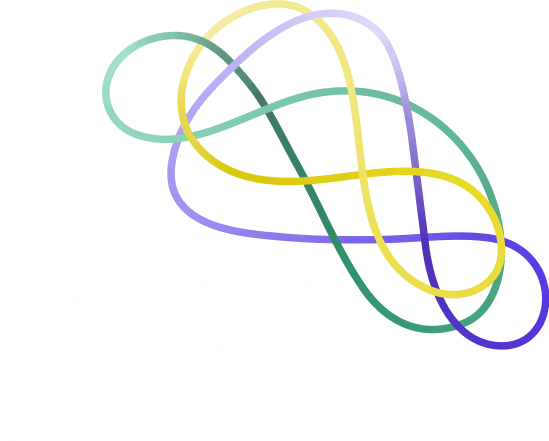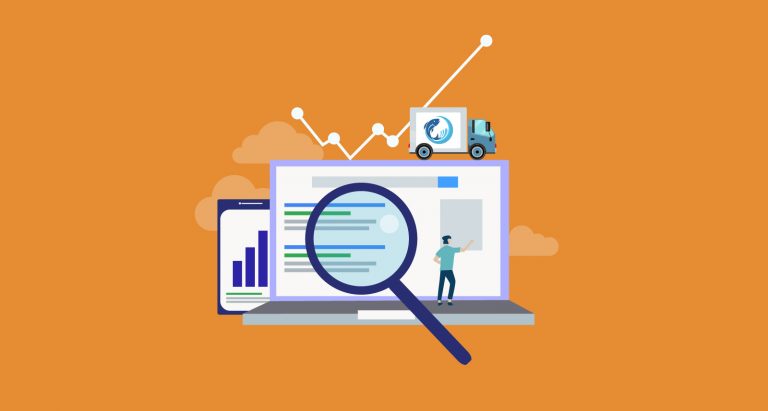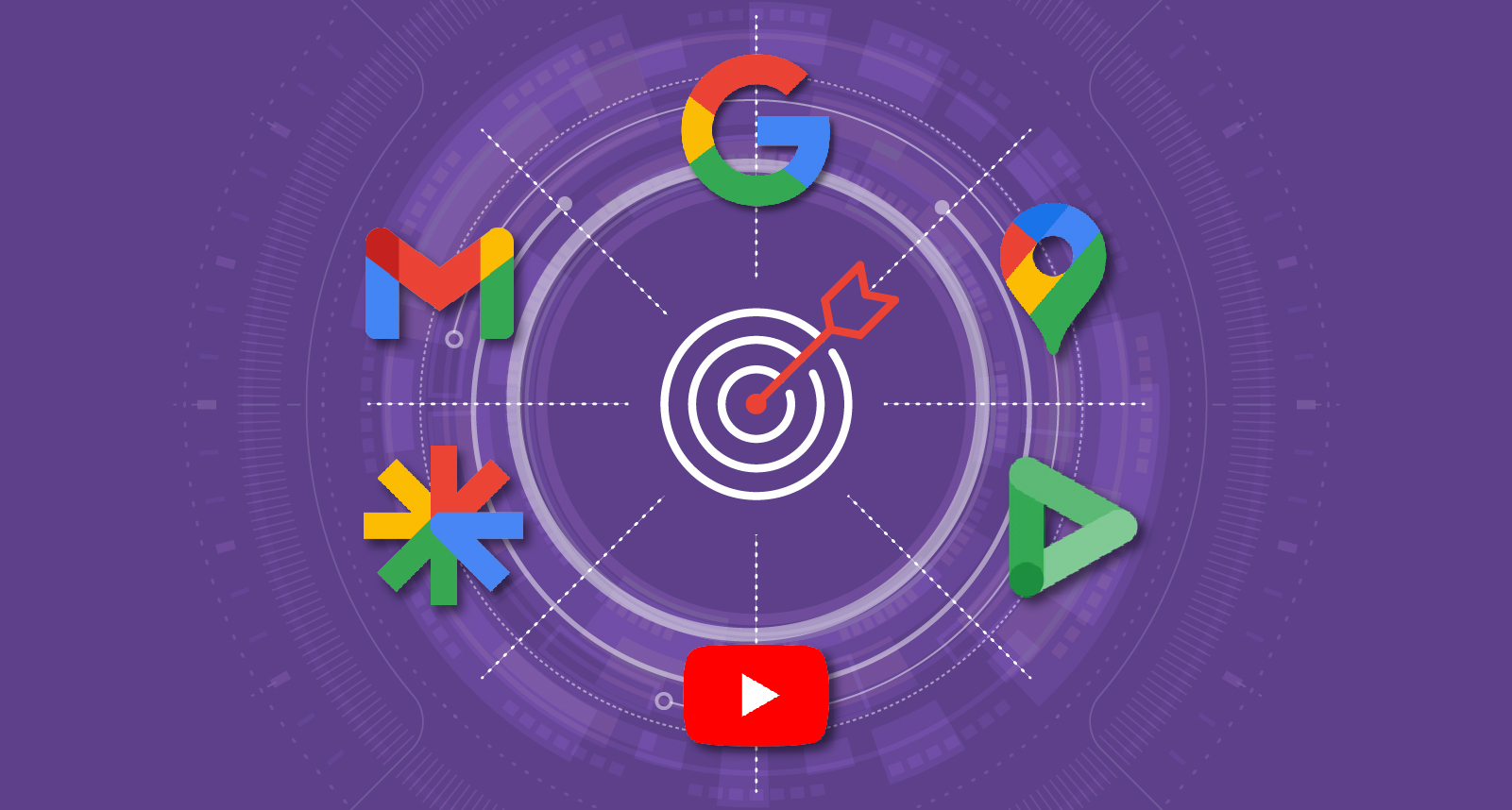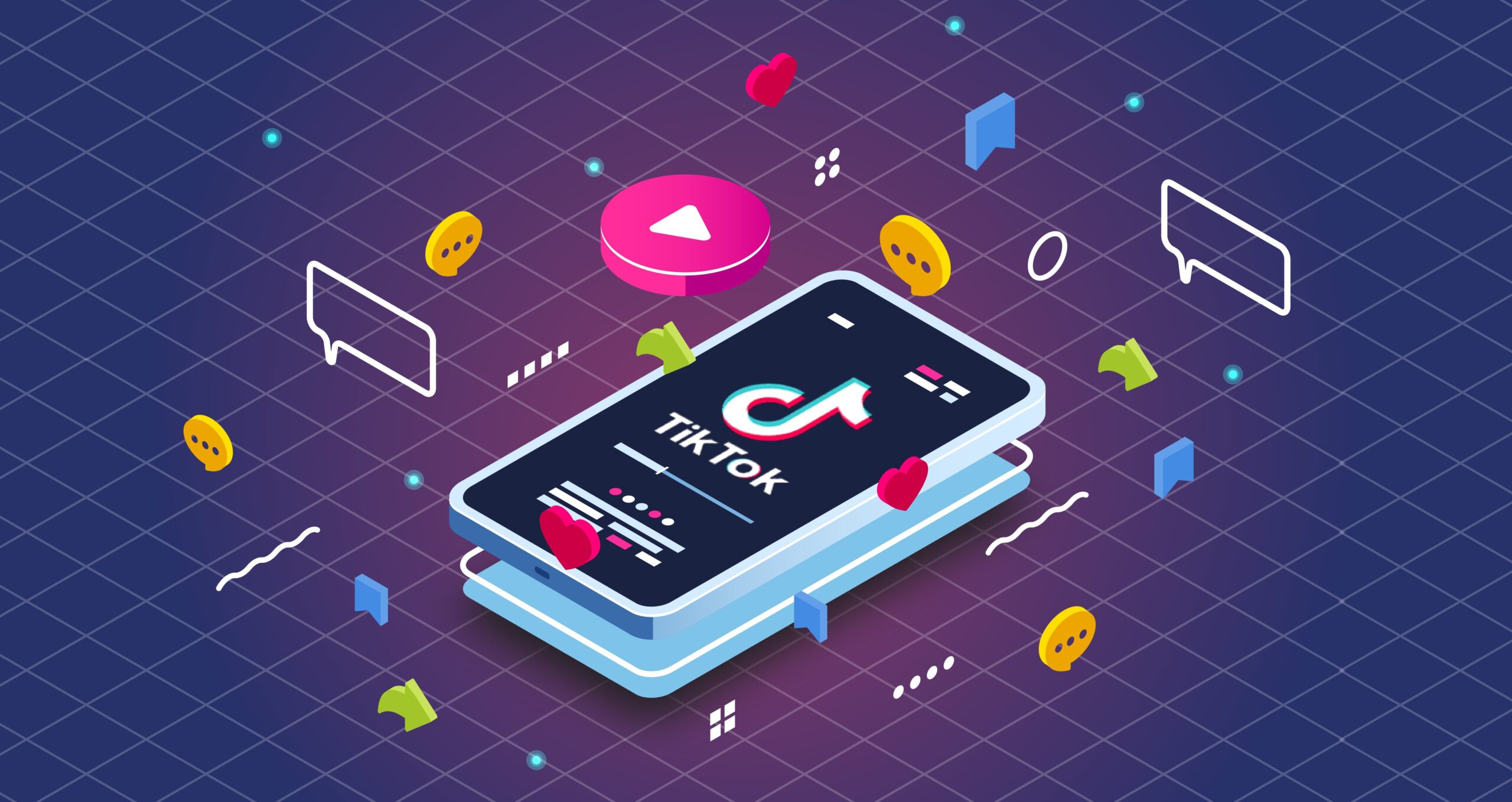PPC (Pay-Per-Click) Management is when a marketer or business owner oversees a Google Ads account, manages a PPC budget and develops a strategy that results in quality leads and/or sales for the company. The idea is to minimise spending in a smart way whilst creating maximum results. Sounds simple enough, right? Of course, there is much more to it than that. For your benefit, we have broken down what you’ll need to successfully manage your PPC account.
What Does PPC stand For?
PPC is known as the pay-per-click model of online advertising. PPC is used by search engines like Google and social media advertising platforms such as Facebook, Twitter and LinkedIn. PPC is essentially the opposite of organic activity, you pay for users to visit your site through link clicks within your ads.
Google Ads is the most popular PPC advertising platform in the world. Google uses the PPC model where users bid on keywords to get their message (or ad) in front of an audience of people searching for terms relating to those keywords.
Dos and Don’ts for PPC Management
Here is a tick list of things to do before adding deciding on PPC as a part of your digital marketing strategy:
- Set clear and well-defined goals or you will lose your money fast
- Look up your competition beforehand, check out their advertising tactics
- Know your customer. What is the path you have set out to convert from a stranger to a paying customer?
- Make sure you have content, call-to-actions, and landing pages to direct ad traffic to
- Start small. Consider geo-targeting, to begin with, in search of local customers
And the don’ts:
- Come up with keywords on the fly. Remember the p’s rule – prior preparation prevents poor performance
- Only build one campaign. Utilise Ad Groups
- Forget to optimise. Google offers recommendations and insights every step of the way, plus you’ll know pretty soon what’s working and what isn’t – don’t be afraid to change things up
- Go at it alone. There is a lot to manage with PPC campaigns so if you’re unsure about anything, you can hire an expert to help
- Panic. There may be some surprises along the way so expect the unexpected. Campaigns may not perform as you thought, or the budget may get eaten up quick. Just remember to optimise and change things up on the regular.
What does PPC management include?
Keyword Research
Keywords are the foundation to your PPC account so researching them is crucial to success. Bidding on the right keywords will ensure your ads are seen by your target audience and prevent budget being wasted on the wrong terms. Google Ads Keyword Planner is a great place to discover keywords and gain insights into how often those words are searched and trends over time. You can check out bid estimates which helps set your expectation on how far your budget can go. Once you’ve chosen your keywords taking on board the insights provided, you can ad them to an advertising plan which will give you a forecast on what to expect based on your budget. It’s a handy tool to use, especially if you’re new to the platform.
Bidding Strategies
How can you determine what to pay per click? There are several bid strategies that are tailored to the type of campaign you chose to opt for, and Google will offer a lot of guidance on each. There are automated and manual bidding types, some which focus on conversions or clicks. Automated options uses past data to learn over time and informs future bids but manual bidding can give you more control, especially if you’re working with a smaller budget. Some of the most popular bidding strategies include:
Maximise clicks
Your goal is to increase the number of visitors to your site. This is an automated strategy that sets bids to help maximise the number of clicks your ad receives – a good choice if you have a strong conversion funnel and want to send as many users to your site as possible.
Target CPA
Target cost-per-acquisition (CPA) will attempt to get you as many conversions as possible within your budget. However, this strategy takes into account a target CPA that you have the freedom to set. Use this strategy if you have a target to spend per user to acquire them as a customer whilst still seeing a return on that investment.
Maximise Conversions
This bid strategy has Google automatically set bids to help you get the most conversions within your budget. If you have a large budget and are looking to drive conversions, then this could be the strategy for you.
Manual Bidding
You can use this strategy to manually set your bids if you know the top price you want to pay for an ad click. If you’re new to Google Ads or are starting with a small budget, we might recommend this bid type. You have complete control to bid at keyword level and you can change your maximum bid amount at any time, changes are usually instant so there are no delays. Google has an Auction Insights report so you can keep on top of the landscape and quickly work out whether to increase or decrease bids depending on the competition. Manual bidding is time-consuming, and you can’t really take your eye off the ball as things can change quickly so make sure you consider this beforehand.
PPC is a great tactic to include in your digital marketing strategy as it’s so easy to track the results and measure a return on your investment. The sheer amount of information output can make it harder to manage and you may feel overwhelmed making decisions. If you find yourself in this position or are considering PPC but would like some guidance, then reach out to us. As a registered Google Partner, you can be sure we’ll be able to help!











